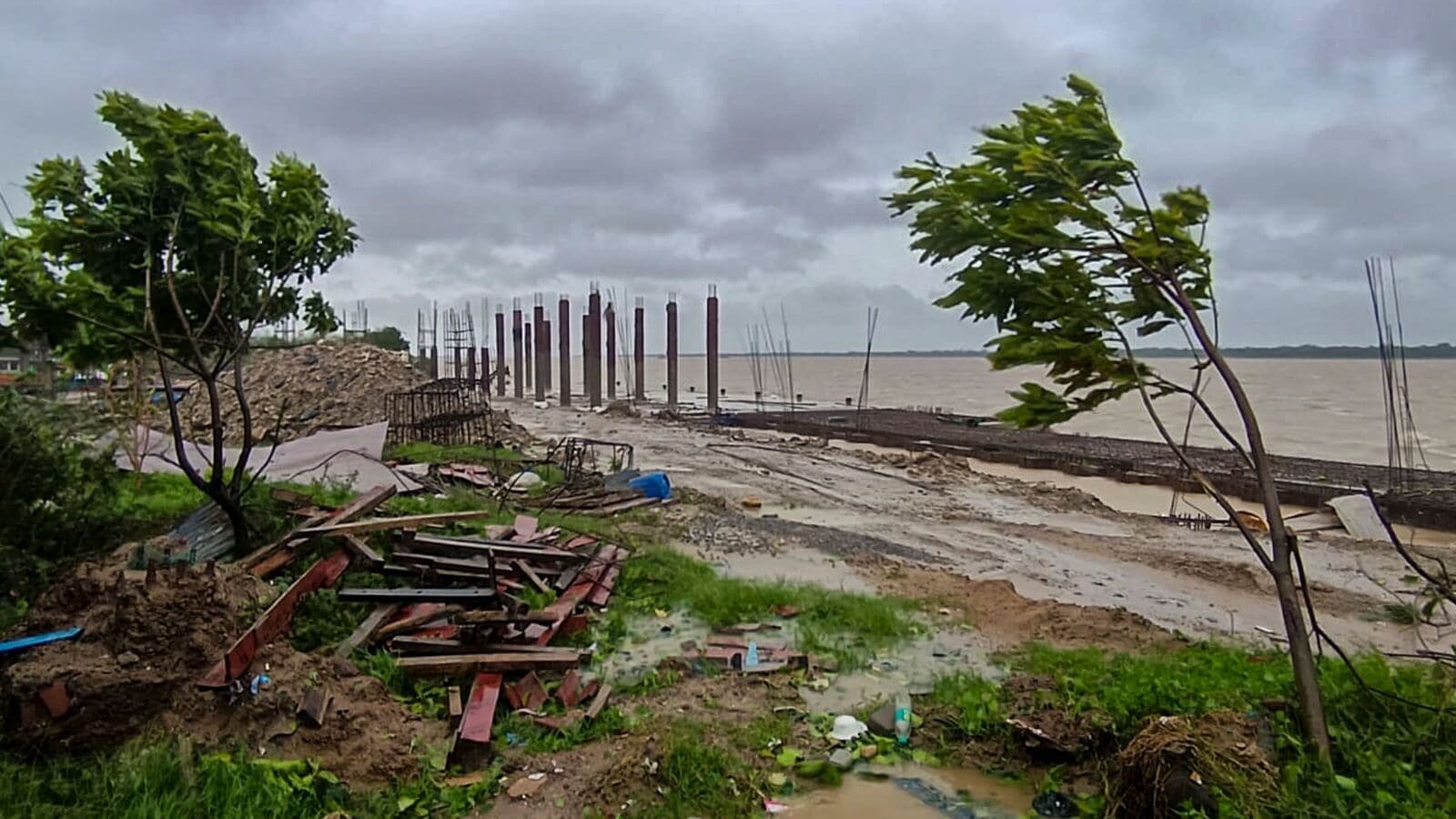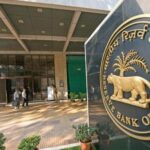But where did this mess begin? We need to go back in history, to 2 October 1974, to track the origin. The meteorological department recorded a maximum temperature of 34°C and a minimum of 22°C that day. On the same day fifty years later the highest and the lowest temperatures stood at 37°C and 28°C, respectively, in Delhi.
If you think a temperature variation of 2°C won’t make much of a difference, you may be mistaken. The Industrial Revolution in Europe led to a 1.1°C–1.3°C rise in temperature over the two-and-a-half centuries that followed. It caused enormous havoc.
Also read | The worrying rise of fraudsters on the prowl online
Many places on earth today are suffering from extreme heat. Rivers’ flows have ebbed. Antarctica, the Arctic, and Siberia have been losing their ice cover at an alarming pace.
Meteorologists warn that if the average global temperature rises by even 1°C, it will have catastrophic consequences. We are already facing its preliminary impacts. In 2024, May and June were declared the hottest months in the history of independent India by the Meteorological Department of India.
The issue is not limited to a rise in summer temperatures. The rains and winters have also become erratic. As per IMD data, the south-west monsoon covered the whole of India by 2 July this year. The rainfall received exceeded 8% of the seasonal average but there were surprising variations at the regional level.
Some places received record rainfall in a day, while others faced drought. In Punjab, Haryana, Uttar Pradesh, Bihar, and West Bengal several areas under agriculture recorded less than average rainfall towards end of August.
While the cumulative data may suggest above-average rainfall, vast swathes received less than adequate water for irrigation.
Also read | Hero or villain? A question Indira’s life is still posing
What baffles me is the deafening silence on this issue of grave importance.
This is the reason the courts are forced to intervene regularly. Recently, at the hearing of a complaint pertaining to pollution, the Supreme Court pulled up the Air Quality Management Commission.
The bench comprising justices Abhay S. Oka and Augustine George Masih observed that not a single case was filed against those guilty of starting farm fires in the National Capital Region (NCR) and adjoining places, making it clear that the commission is not taking its responsibilities seriously.
Even last week the apex court rebuked the government on the issue of air pollution caused by Diwali crackers, insisting no religion sanctions pollution in the name of faith. They observed that crackers should be banned in Delhi not only on Diwali but all year round.
The court asked the government to form a committee and draft regulations to deal with the issue. The government will have to act quickly and take a decision as the next hearing, which is scheduled for 25 November.
For how long and to what extent can the courts keep intervening? The judiciary is grappling with its own share of challenges: Several posts of judges are lying vacant, the pendency of cases has grown to millions, and the numbers are only piling.
Finding a solution to the issue is the collective responsibility of the government and the society.
You’ll be shocked to know that 11,562 posts are earmarked for pollution control boards across the country. But of these posts, 5,671 are vacant. It translates to 49% of the allotted staff strength. In two states, the percentage of unfilled posts is 60.
Also read | Rage spills over on roads reels only fan the fire
Where will the apathy of the system lead us to?
As far as our society is concerned, there are very few who have any serious concerns regarding pollution, climate change, and conservation. The assembly elections under way in Jharkhand and Maharashtra are prime examples of this phenomenal disinterest.
Both states are facing drought conditions and yet neither the voters nor the leaders are ready to discuss the issue.
Who would believe while looking at our society— divided over caste, religion, region, and language— that we belong to a glorious tradition of nature worshippers?
Shashi Shekhar is editor-in-chief, Hindustan. Views are personal.










